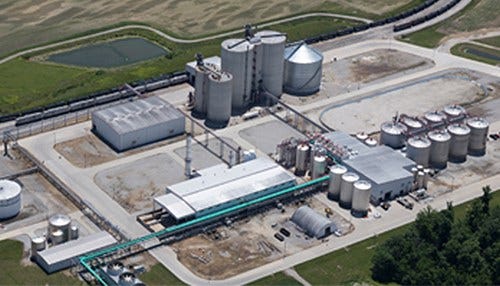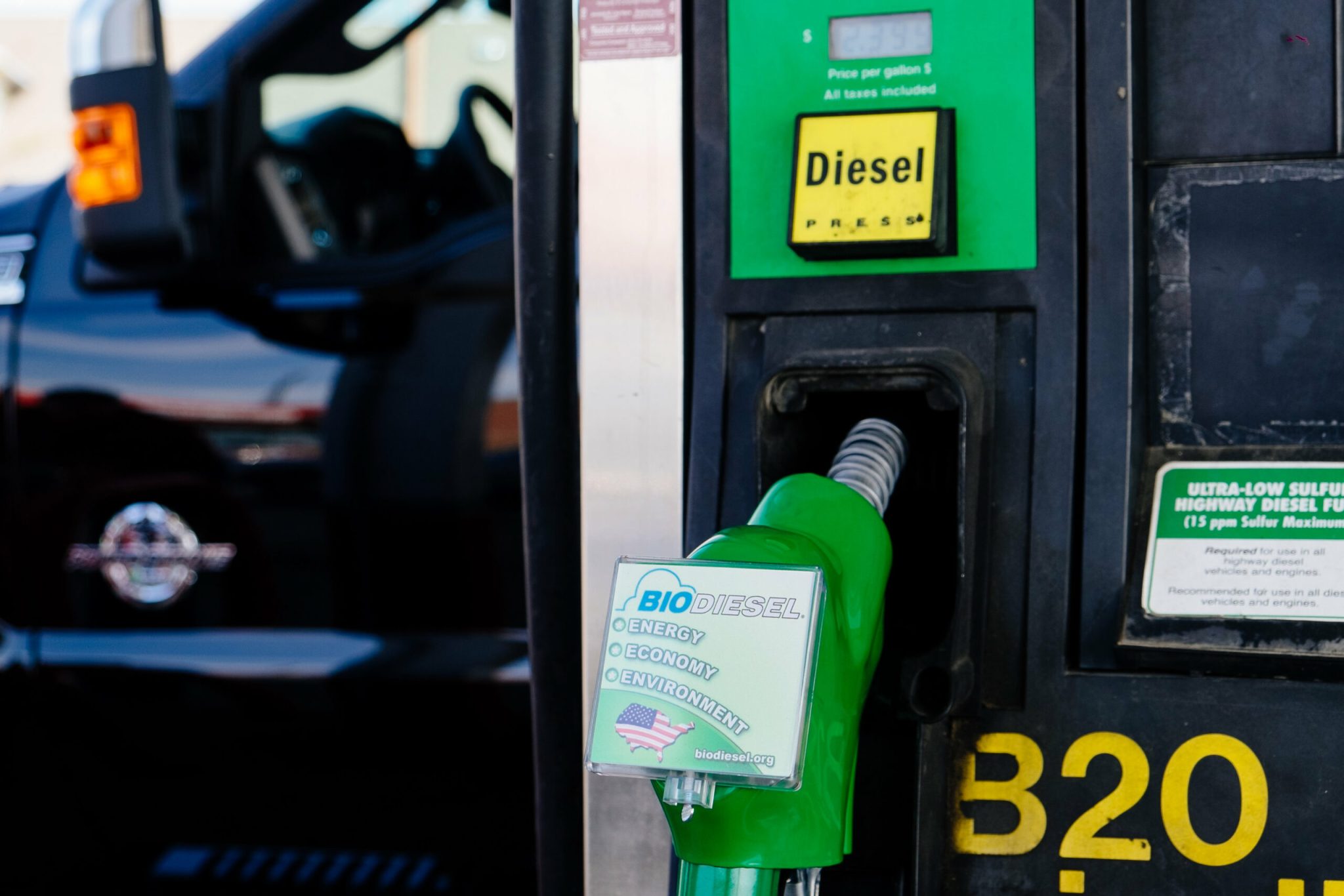Does your vehicle have a yellow gas cap? If so, you can use E85. You can also check your vehicle’s owner’s manual. Here’s what you need to know before filling up with E85 at the pump:
- E85 is an ethanol-blended fuel that should be used only in Flex Fuel Vehicles; it is composed of 85% ethanol and 15% gasoline.
- E85 is a high-octane, high-performance and high-alcohol fuel, which makes it ideal for boosting horsepower. E85 burns cooler and keeps your engine and fuel system clean.
- E85 reduces emissions more than 30% over traditional gasoline and is recognized as a Clean Air Choice® by the American Lung Association.


